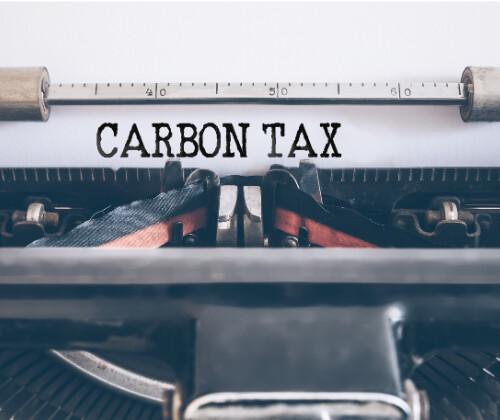In a significant move to bolster its climate change mitigation efforts, South Africa has announced an increase in its carbon tax. Effective from January 1, 2025, the carbon tax will rise from R190 to R236 per tonne of carbon dioxide equivalent (tCO2e). Additionally, from April 2, 2025, the carbon fuel levy will increase by 3c/litre to 14c/litre for petrol and 17c/litre for diesel, as mandated by the Carbon Tax Act of 2019.
The government has also published a discussion paper on phase 2 of the carbon tax, inviting public comment. The paper proposes several measures to reduce tax-free allowances and strengthen the effective carbon tax rate to encourage behavior change. Key proposals include extending the section 12L energy-efficiency tax incentive and the commitment to electricity price neutrality until December 31, 2030.
To protect consumers from higher electricity prices, the government plans to remove the electricity generation levy from January 1, 2026, and apply the carbon tax on electricity emissions. Electricity generators will be allowed to deduct a portion of the renewable energy premium from their carbon tax liability.
Other notable proposals include increasing the carbon offset allowance by 5 percentage points from January 1, 2026, and retaining the 30 percent trade-intensity threshold used to determine the trade exposure allowance. The basic tax-free allowance will be maintained until December 31, 2030, with consultations planned to explore options for reducing it from January 1, 20311.
The government also aims to introduce a greenhouse gas emission intensity benchmark for the electricity sector from January 1, 2026, and extend the utilization period for carbon offsets generated from projects approved before the introduction of the carbon tax until December 31, 2025.
These measures reflect South Africa's commitment to addressing climate change and promoting sustainable development.
DISCLAIMER: The material and information contained in this article is for general information purposes only. You should not rely upon the material or information in this article as the basis for making any business, legal or other decisions.


